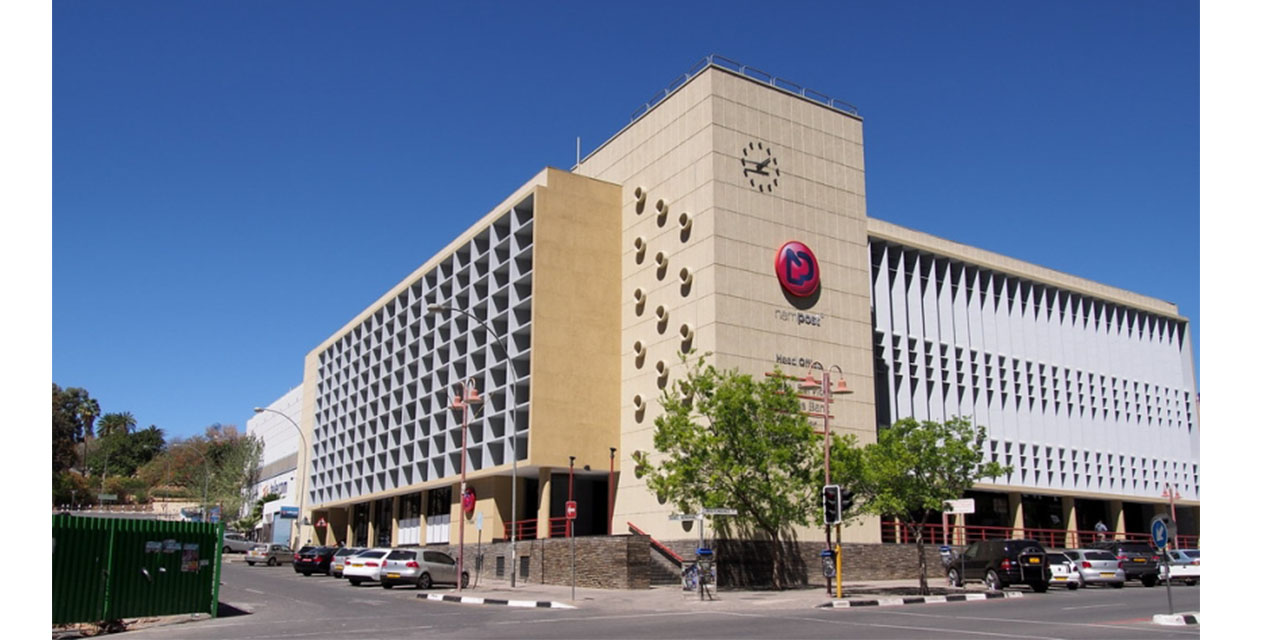Martin Endjala
NamPost Group revenue rose by 3.7 percent to N$ 981 million in the fiscal year 2022, compared to N$ 945 million in the previous year.
This has led to a profit rise of 64 percent, with N$ 89 million compared to N$ 54million in 2021.
This is stated in the NamPost 2022 integrated annual report.
NamPost’s Finance Executive Officer, Batsirai Pfigirai stated in his financial review statement that the company has demonstrated increased financial performance in a limited economic climate, boosting earnings by 64 percent year on year.
Pfigirai added that this was supported by an increase in non-interest income and a 49 percent gain in revenue from micro-lending, which contributed 24 percent, supplemented by general cost management in the group.
He noted that a high inflationary climate was one of the difficulties that affected commodity prices, thereby impacting costs and diminishing customers’ disposable cash.
Furthermore, worldwide oil price hikes harmed the courier sector and cut government spending, reducing volumes and revenue for the courier services division.
Another issue that has been identified is the rapid fall in demand for paper mail and diminishing volumes in the domestic courier market.
According to Pfigirai, NamPost’s financial performance as a domestic Group is invariably influenced by Namibia’s economic climate, primarily due to high inflation and global geopolitical disruptions.
As a result, the Bank of Namibia responded by raising lending rates in March 2022, which harmed sales across multiple product lines.
NamPost’s operating expenses-to-income ratio sits at 49 percent, down from 51 percent in 2021, due to cost-cutting efforts that are still being applied in the company.
Furthermore, non-interest income climbed by 49 percent to N$ 104.5 million from N$70.4 million in 2021, but other interest and comparable income declined by 9 percent to N$ 512.1 million from N$ 516.8 million in 2021.
Pfigirai went on to say that sluggish economic growth had a negative impact on the company’s product and service offerings.
Nonetheless, the company’s level reported a profit before tax of N$ 63.8 million, compared to a loss of N$ 38.4 million in 2021, while PostFin reported a profit of N$ 24.8 million, compared to a loss of N$ 20 million in 2021.
NamPost provided N$ 84 million in value-added tax, income tax, import VAT, and pay-as-you-earn to the government, up from N$ 64 million in 2021, in order to continue delivering social value through local suppliers and paying taxes to the government.
In addition, N$ 734 million was paid to local vendors for products and services.
“We are constantly improving our collection strategies to account for customers. Our collections increased year over year, resulting in a shorter debtors’ day period,” said Pfigirai.
Despite progress, the economy’s fragility renders credit risk ever-present and intrinsically high.
With its collection tactics and improved customer relationship management which Pfigirai believes will be critical in keeping the risk at a medium level.
As interest rates rose in the second half of the year, the financial services business unit’s cost of funding increased, and as a result, the company did not reap the benefit of its long-term assets, such as fixed-income investments, which will only return when higher interest rates return when they mature.
However, when interest rates were still relatively low in the first and second quarters, the corporation benefited from low-cost deposits.
To far, NamPost’s total assets have expanded by 5% to N$ 7.7 billion, up from N$ 7.3 billion in 2021, owing to significant financial investments made through its treasury division and the expansion of Postfin’s micro-loan book.
It also generated a positive net operating cash flow of N$ 113.6 million in comparison to N$ 119.9 million in the previous year, which, despite a tiny decrease, is still considered an excellent result.
After funding close to N$ 10.4 million in capital expenditure, the free cash flow positivity stood at N$ 103,2 million.
Given the turbulent trading environment of recent years, Pfigirai emphasized that improved forecasting has been and will continue to be a priority in 2023.




